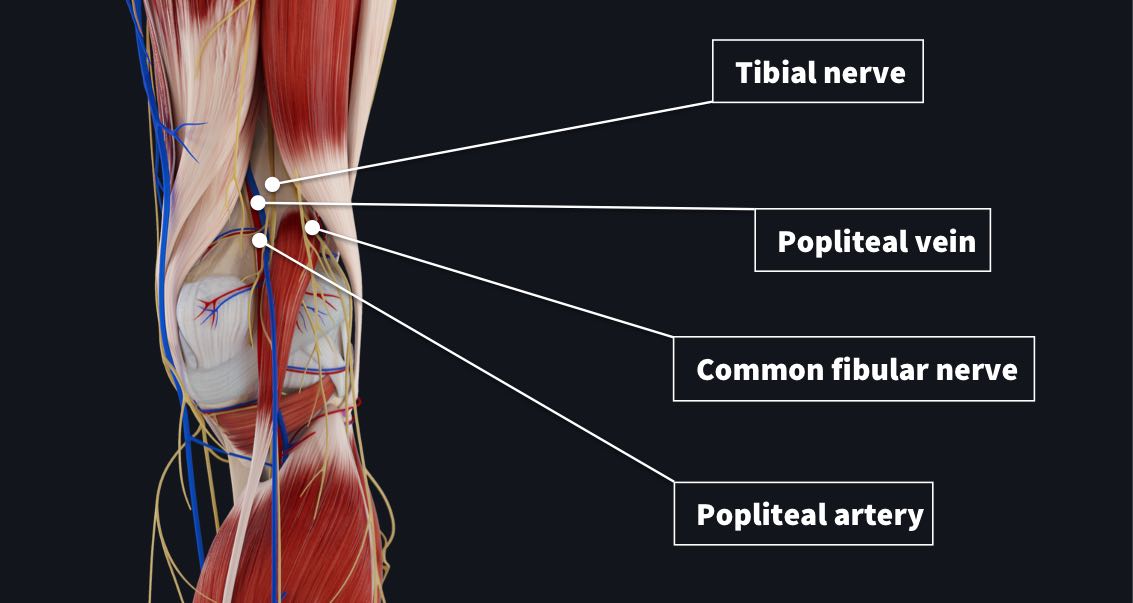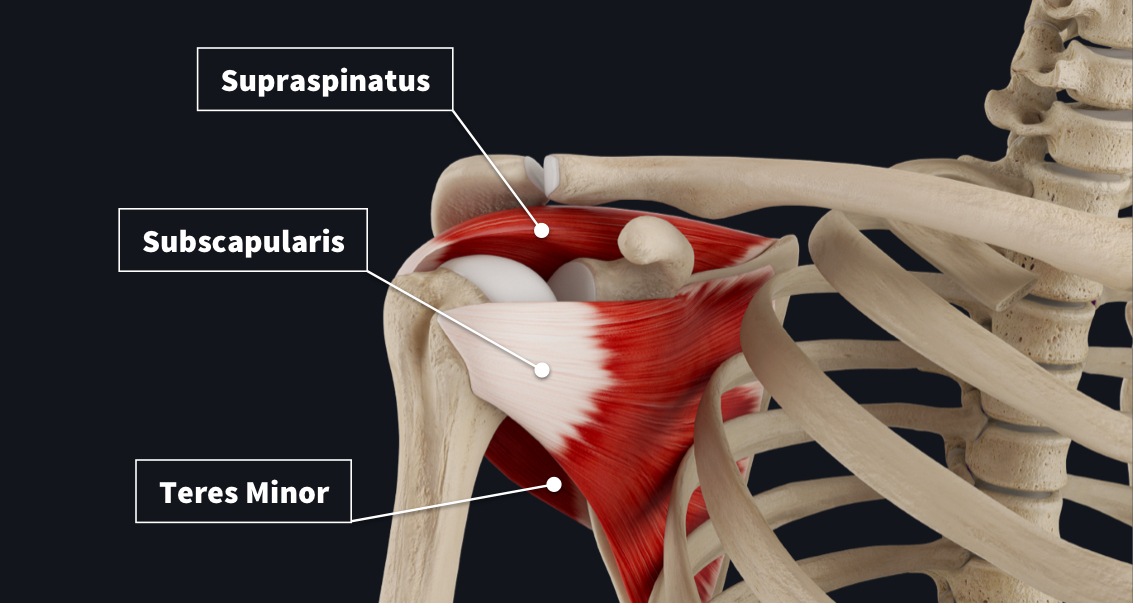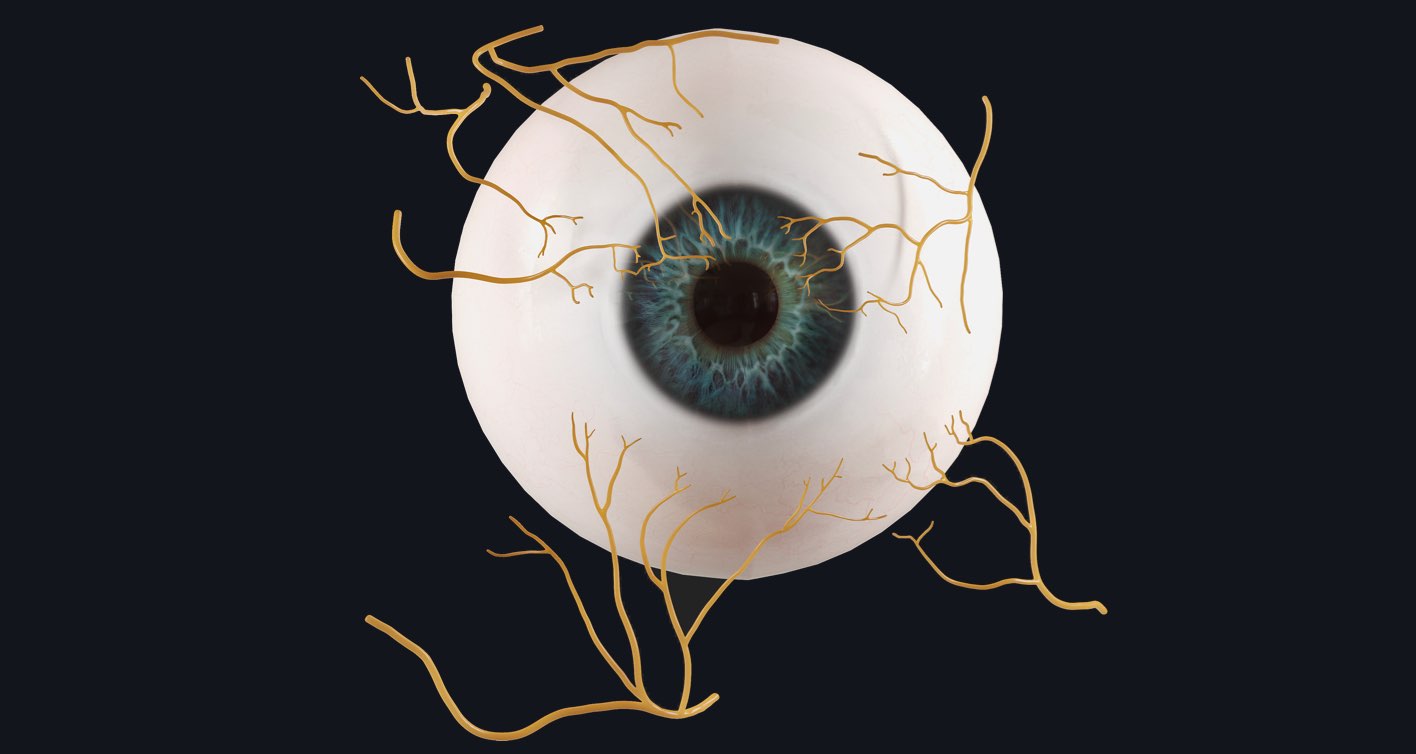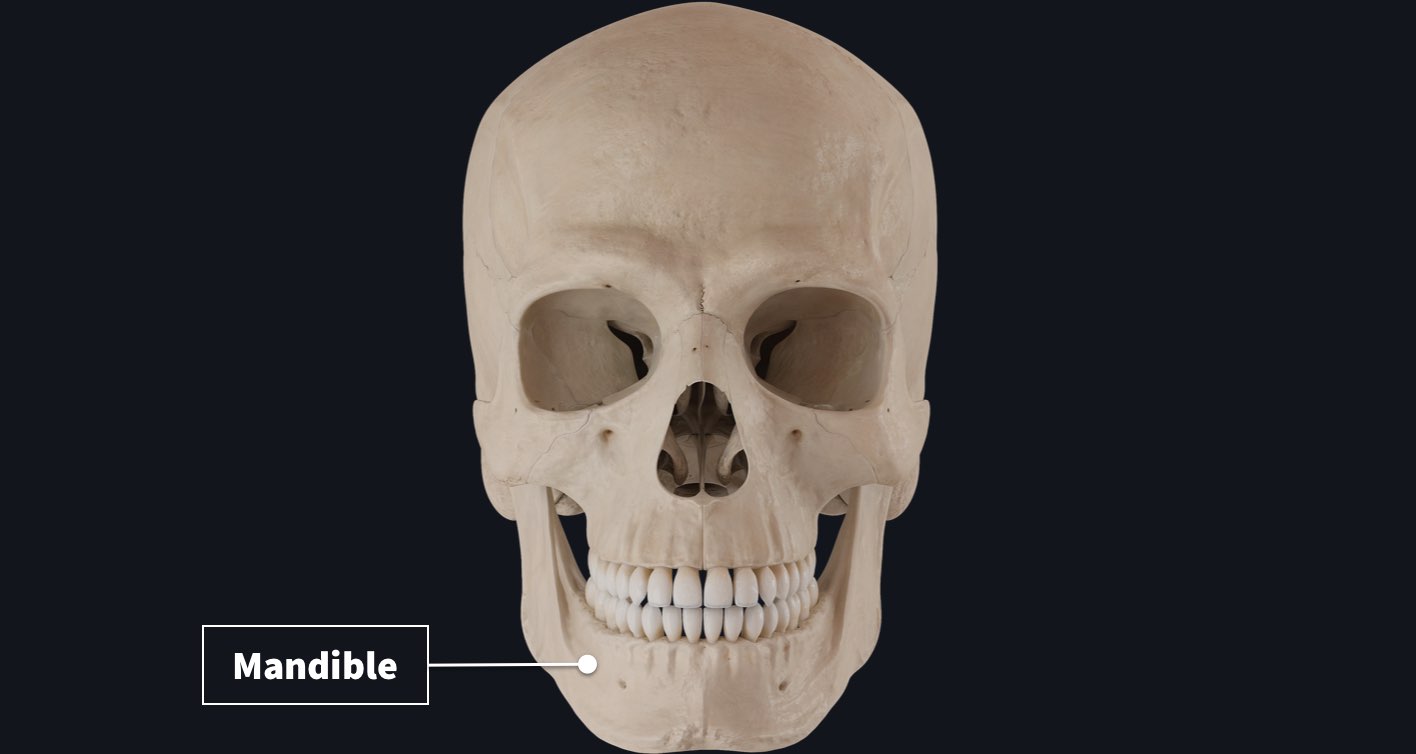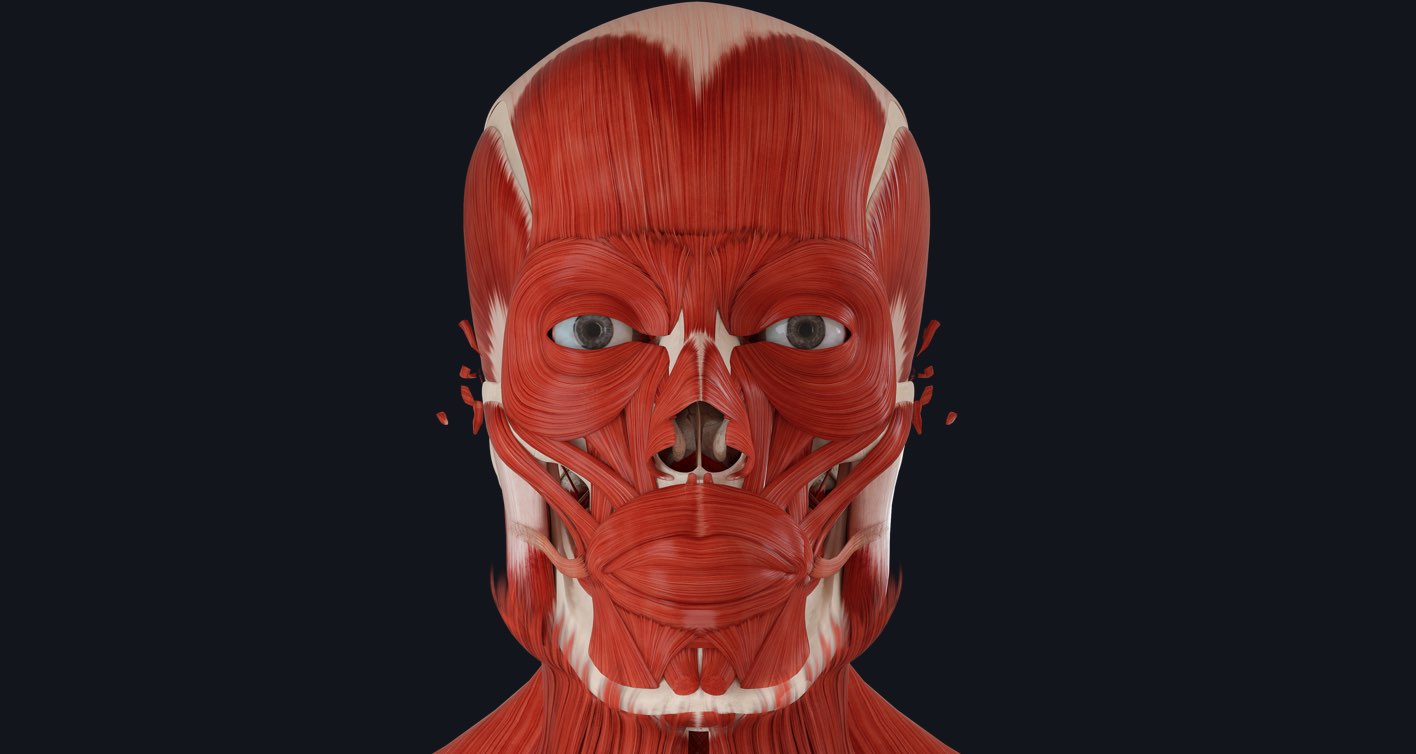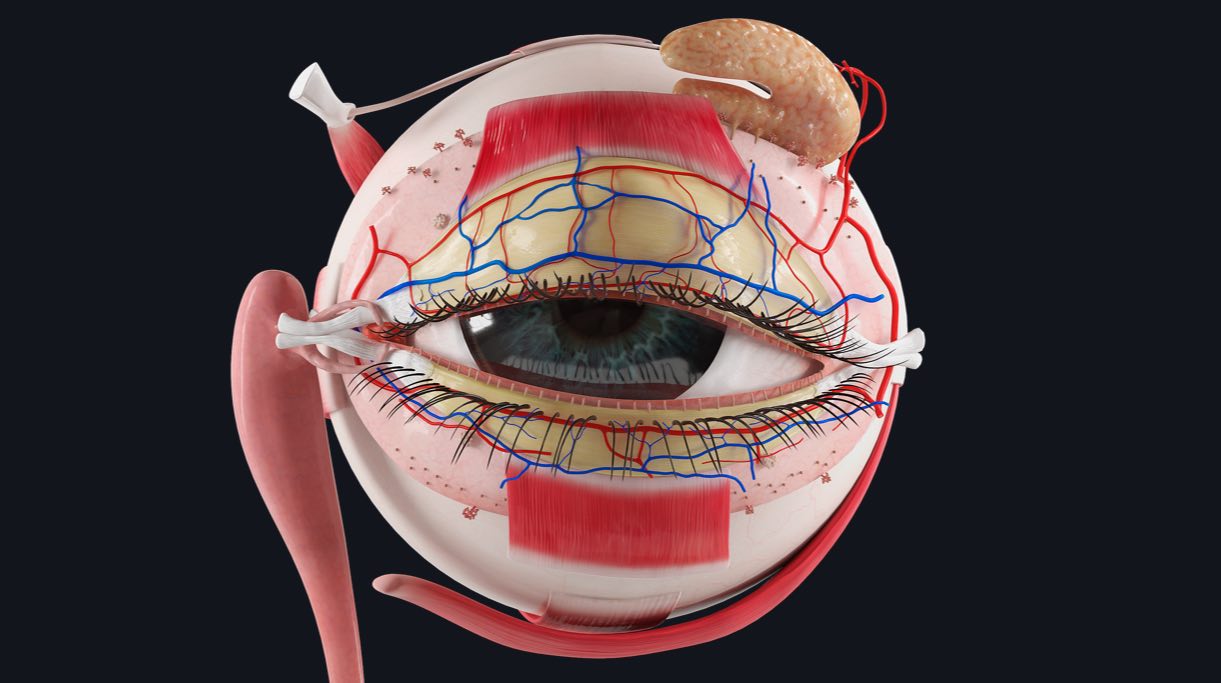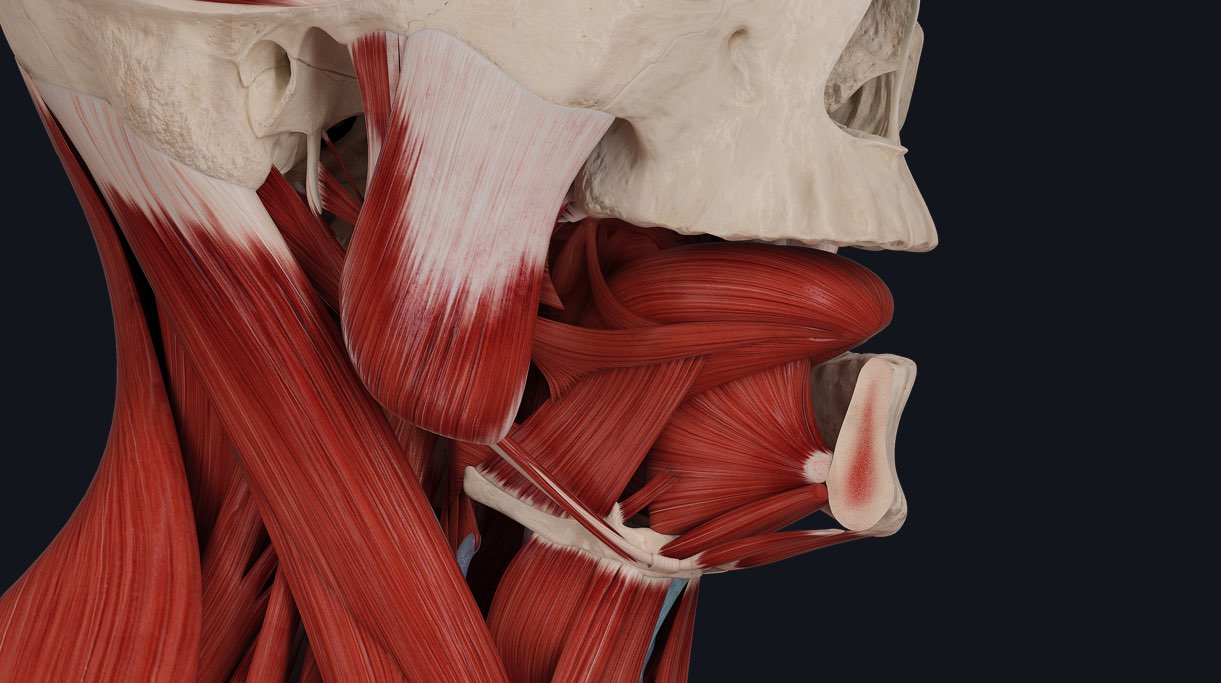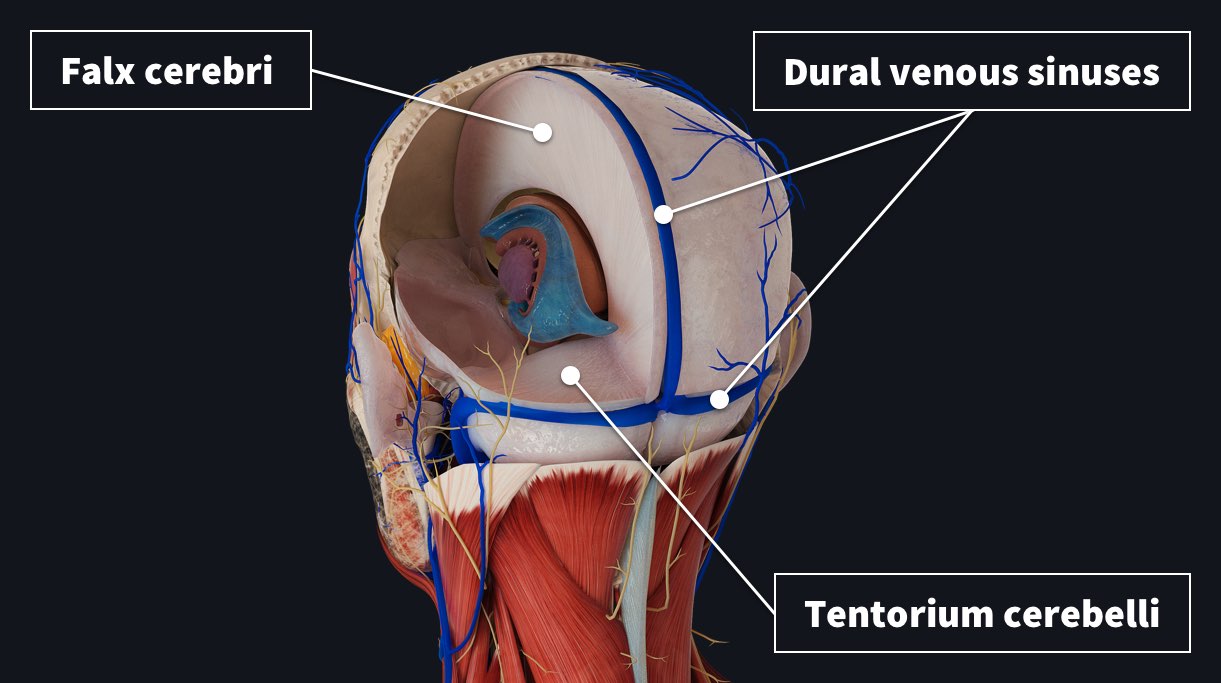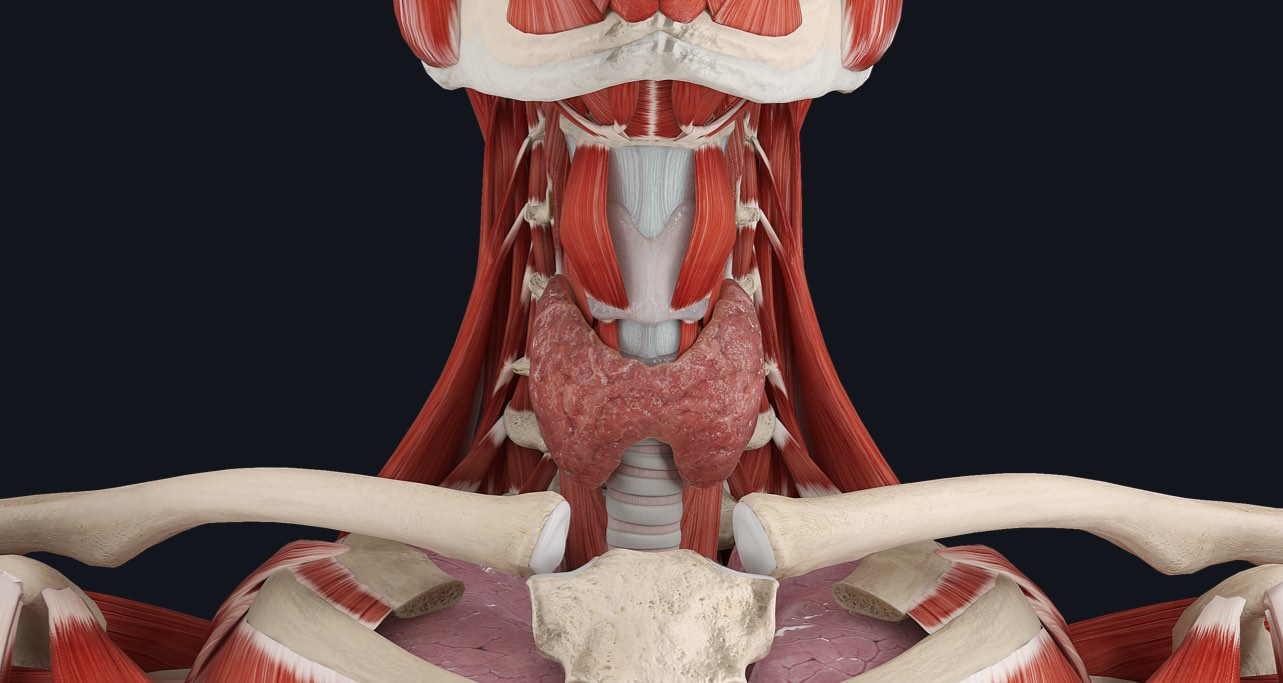
For many countries across the world, October marks Breast Cancer Awareness month. This international health campaign originally started in the United States in 1985. The goal was to educate women about breast cancer and early detection tests, ultimately letting women take control of their breast health.Leer artículo
